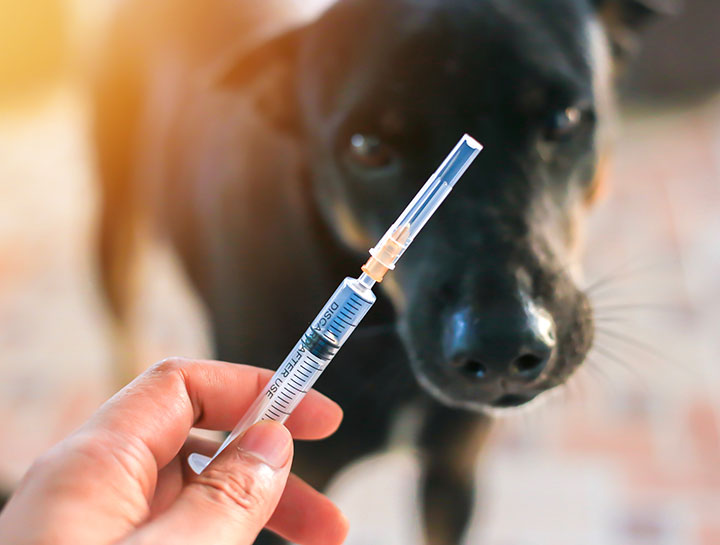Pre-Anesthesia Blood Work
What, why and how
Big Creek Pet Hospital recommends pets undergoing anesthesia get their blood tested prior to the procedure. This page answers such questions as “what pre-anesthesia blood work is”, “why it is important”, and “how you can save money on these tests” among others. Call us at (440) 234-5831 if you have questions or would like to schedule an appointment. You can also click to request an appointment online.
What is Pre-anesthesia Blood Work?
Pre-anesthesia blood work consists of two tests of your pet’s blood, a Complete Blood Count (CBC) and a basic Blood Chemistry. A blood coagulation test may also be done on dogs undergoing surgery where bleeding may be a problem.
Why Get Pre-anesthesia Blood work done?
Pre-Anesthesia Blood Work helps us identify possible problems with your pet that may not be evident during the physical examination. If your pet has abnormal test results, we may take special precautions during the surgery or even reschedule it. Normal blood work also gives us baseline data that we can refer to if your animal becomes ill.
How can I save money on these tests?
If you bring your pet in two business days before the procedure, we can send the blood work to an outside lab for testing. It is less expensive for the outside lab to do this testing.
What does the Complete Blood Counts (CBC) show?
This test evaluates the 3 major blood cell types: red blood cells, white blood cells and platelets
The red cells are the oxygen carrying cells. A low RBC (red blood cell count) can indicate blood loss through hemorrhage or destruction of the cells by parasites, toxins or the body’s immune system. It can also be a sign of an underlying chronic disease.
The white cells are the infection fighting cells. An increased WBC (white blood cell count) can be an indication of a bacterial infection, inflammation, parasites, or cancer. A low WBC is often a sign of a viral infection or severe bacterial infection.
The platelets are important in clotting the blood or stopping bleeding. A low platelet count can cause serious bleeding problems.
What does the Basic Blood Chemistry show?
Our basic Blood Chemistry evaluates liver and kidney values and the blood glucose, or blood sugar level. Abnormal values may mean that the liver or kidneys are not functioning properly. Changes in blood sugar or blood glucose can be caused by diabetes, infection, or cancer. We may recommend further testing to completely evaluate your pet’s health. Depending on the severity of the problem, we may give fluids or other medications during your animal’s procedure or postpone the procedure until the abnormality has been corrected.
What does the Blood Coagulation test show?
For dogs undergoing surgery where bleeding is a factor, we will also do a blood coagulation test. This test measures the bloods ability to clot. Some dog breeds are susceptible to a congenital disease called Von Willebrands disease, where the dog’s blood has a difficult time clotting. This test may also signal your pet has ingested certain types of poison again making it difficult for your dog’s blood to clot. The test results will determine whether your pet will undergo surgery now or at a later time. If this blood test shows problems, surgery may need to be delayed in some cases until the dog is treated or special precautions taken.
Please note, very few Cleveland veterinarians conduct this test. We identified several blood coagulation problems this year which we think saved the life of these dogs.
Does this really need to be done now?
If your animal is 7 or older we require the blood work be done each time anesthesia is used. We do this to ensure the health of your pet and to make the anesthetic procedure as safe as possible. If your animal is younger that 7 we strongly recommend blood work be done. It can help us to identify an underlying disease in its earliest stages. It also gives us valuable baseline data if your pet becomes ill. We can refer back to the blood work results to see what is normal for your pet’s body.
How long is this test good for?
We accept pre-anesthesia blood work if it was done within one month of the procedure.
If you have questions about pre-anesthesia blood work and the benefits of these tests for your pet’s health or if you would like to have these tests done prior to the procedure please ask us.
To schedule an appointment call (440) 234-5831 or request an appointment online.

